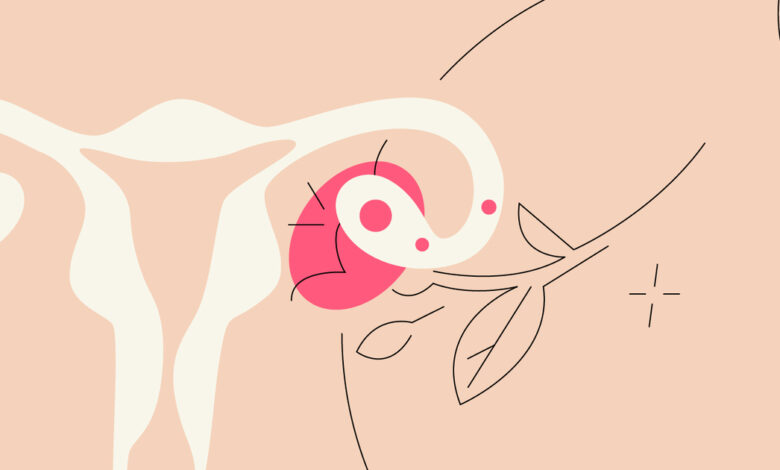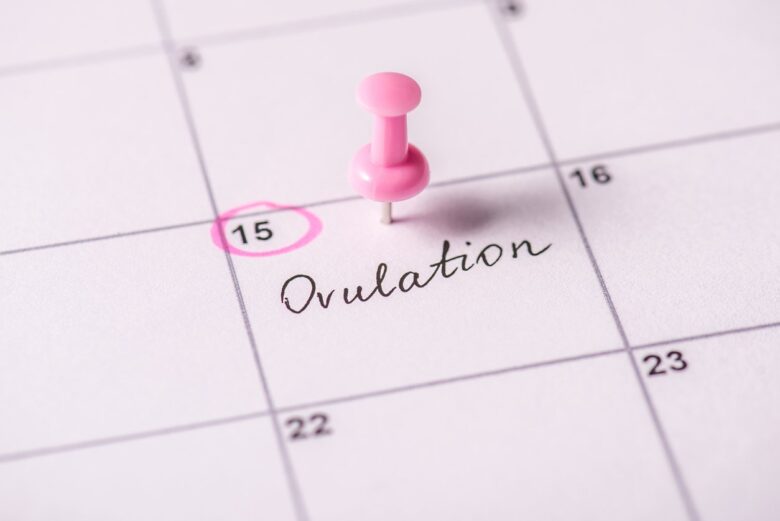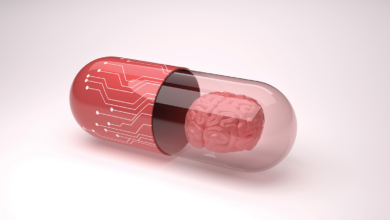
Ovulation: What is It and Why is It Important?
As a woman, there are many important things to know about our bodies. One of the most important things is ovulation.
I had no idea what ovulation was before I started trying for a baby. And then, I learned that ovulation causes many changes in the human body, including changes in odor and discharge. I learned more about how does ovulation affect vaginal odor from here: https://veebabes.com/how-does-ovulation-affect-vaginal-odor/.
In this article, you will learn more about ovulation and how it affects your body, specifically your vaginal odor.
What is ovulation?
Ovulation is the process of releasing an egg from one of the ovaries. It usually happens about midway through the menstrual cycle, counting from the first day of the last period to the first day of the next period. For most women, ovulation occurs between days 11 and 21 of their cycle. The egg travels down the fallopian tube into the uterus, where it may be fertilized by sperm. If fertilization does not occur within 24 hours of ovulation, the egg breaks down and is sloughed off during menstruation.
If you’re trying to get pregnant, ovulation is a key time to have sex. That’s because sperm can only live for a short time inside your body. So, having sex near the time of ovulation gives them their best chance of reaching and fertilizing the egg.
Why is ovulation important?

Ovulation is important for several reasons. First, it is the only time during the menstrual cycle when pregnancy can occur. Second, ovulation signals the beginning of the luteal phase of the cycle, during which the endometrium (the lining of the uterus) thickens in preparation for a possible pregnancy. Finally, ovulation helps to regulate hormone levels throughout the menstrual cycle.
What are some ovulation symptoms?
Some women experience ovulation symptoms, though not all do. The most common symptom is a change in cervical mucus. During ovulation, cervical mucus becomes thin and slippery, similar to raw egg whites. This change in cervical mucus makes it easier for sperm to travel through the cervix and fertilize an egg. Other ovulation symptoms include a change in body temperature, breast tenderness, bloating, and mood swings.
What is the link between ovulation and vaginal odor?
During ovulation, the body produces more estrogen, which can cause changes in vaginal pH and increase bacterial growth. These changes can lead to a strong or unpleasant vaginal odor. In some cases, ovulation may also cause an increase in discharge. If you experience any of these changes, you may want to use a panty liner or pad to stay clean and dry. Be sure to change them frequently to prevent infection.
What can you do to prevent vaginal odor?

There are several things you can do to prevent vaginal odor, such as:
-Wash regularly with warm water and a bar of mild soap. Avoid using harsh detergents or scented products.
-Wear loose-fitting, breathable clothing. Cotton panties are a good choice.
-Avoid douching, which can disrupt the natural balance of vaginal bacteria and lead to infection.
-Empty your bladder soon after sex to help flush out any bacteria that may have been introduced during intercourse.
-See your doctor if you experience any unusual changes in vaginal odor, discharge, or other symptoms. These could be signs of an infection or other problems.
Also, there are some things you should avoid doing as they can cause an abnormal level of discharge and increased vaginal odor. These things include:
-Wearing tight-fitting clothing or pantyhose.
-Sitting for long periods of time with your legs crossed.
-Douching.
-Use scented tampons, pads, or sprays.
-Using vaginal deodorants or perfumes.
By following these tips, you can help prevent ovulation from causing vaginal odor. If you do experience any changes in your vaginal odor or discharge, be sure to see your doctor to rule out any underlying health conditions.

I think that sex education should teach young women around the world about ovulation, feminine hygiene, and ovulation cause odor because these are all important topics when it comes to women’s health. By teaching girls about ovulation, they can learn about the importance of this time in their menstrual cycle and how to take care of their bodies during this time. Additionally, by learning about ovulation causes odor, they can be more aware of changes in their body and take steps to prevent any potential problems.
Sexual education should cover a wide range of topics in order to ensure that young women are knowledgeable about their bodies and have the information they need to make informed decisions about their health.
Also, there are normal topics such as vaginal odor that are considered taboo in many cultures. Whenever you are experiencing a problem, you should talk to your doctor, no matter how sensitive the topic.
It is also important to have the knowledge to be able to identify potential problems. This way, you can take steps to prevent them or catch them early on. That means that you should know what’s normal for your body, as everybody experiences ovulation differently. For instance, some women ovulate without any sort of discomfort, while others may feel pain in their lower abdomen.
Some women may experience ovulation symptoms, such as a change in cervical mucus, body temperature, breast tenderness, bloating, or mood swings.
If you experience any unusual changes in vaginal odor or other symptoms, see your doctor to rule out any underlying health conditions such as infections or STDs that could be causing the problem. The earlier you catch these things, the better.
In conclusion, ovulation is a normal and essential part of a woman’s menstrual cycle. However, it can also cause changes in the body that may lead to vaginal odor. By being aware of these changes and taking steps to prevent them, you can help keep yourself healthy and avoid any potential problems.
Ovulation is a key time in the menstrual cycle, and it’s important to understand how it affects your body. I hope this article has helped.




